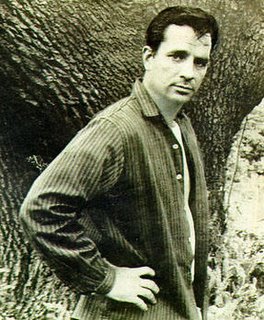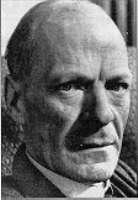
Sounds kinda mean-spirited, huh?
But that's the point. What is the Y, anyway? Is it a health club? Is it a religious organization? Is it a charity? Or is it a business, or all of the above? The answer is yes, yes, yes, and yes, it's the kind of American hydra that eats us up in our daily lives.
Case in point: Most of the places I have lived in this country, or maybe it was the time period that's changed, the Y was where homeless people went to get a shower. I was a member of Gold's Gym in Albuquerque for years. Then when I came back to Tennessee in 1993, I discovered that the dominant health club was... the YMCA?
There was a lawsuit a few years ago whereby someone (the state? the other health clubs?) challenged the Y's non-profit status. The suit should have prevailed, but was either settled out or dismissed, so that the Y, as an allegedly religious or charitable organization, continues to operate tax-free. Meanwhile, it's chief executive continues to draw a salary in the $750,000.00 range. Your tax dollars at work.
What's happened is, in Nashville, by operating tax-free, the Y has driven out what competition it had and prevented any other club from getting a foothold. Now I've never seen the Y's charter, but a non-profit can incorporate as either a charitable or religious organization to avoid paying taxes. I don't know which path the Y chose. I do know that promulgating the word of Jesus is part of its mission statement.
The Supreme Court has held repeatedly that separation of church and state is mandated by the First Amendment, among other things. What I've never understood is how this leads to tax-exempt status for religious organizations. If my private business is taxed and your "religious" business is not, you have just benefited from the state for being religious. In other words, preferring religious organizations over secular ones is an establishment of religion. A state which was truly distinct from the disease of religion would not only not prefer one religion over another (see the book tax laws in Georgia), it would not prefer religious organizations over secular ones.
It is impossible for a rational man to explain why Gold's Gym should be taxed and the Y should not. When a private organization does not pay taxes, it is supported by the taxes paid by the other organizations and by the private citizens. So you support the Y, whether you are a member or not, and whether or not you intentionally donate. In effect, by being tax-exempt, the Y becomes a publicly supported, or effectively governmental entity.
Understanding that the Y is really a government entity explains a lot. It operates like one; it is run by bureaucrats who don't care about you. For example, before I joined the Y I used to go an aerobics studio called Exercise Plus. Exercise Plus had the best instructors in town, but ultimately business pressures forced its closure. Most health clubs eventually succumb to financial disease. So all those great instructors went - where? the Y, of course.
Exercise Plus had to compete for your dollar. So if one of those excellent instructors couldn't show up for class, they had to supply another excellent instructor. If they couldn't, they didn't get paid. At the Y, everyone gets paid, anyway. After all, what is quality of instruction when the word of God is the issue? Exercise Plus, which stood for quality, went out of business because the Y was not only stealing its clientele, but it and its client were being taxed to effectively support the Y.
And if you go to the Y, you will eventually feel that you are involved with just another government bureaucracy. They have a website which finally, after years of complaints, lists the group fitness schedules for the various Y' s in the system. Previously, the site was devoted to trying to bilk you of even more dollars, in the form of donations. But even now, the site has no provision for informing you of the bane of any group fitness class, bad substitute instructors. If you call the front desk and ask, they have no idea. The downtown Y now has a substitution board, which is usually not up to date, and you have to sign in to the Y to see it. If you call, sometimes they refuse to go check. It's all a lot like the Department of Safety.
I quit the Y last month, but I went back because there was nowhere else to go that can compete, either in variety of services and locations, or in price. If the Y were taxed, there would be competition, and I would go there.




